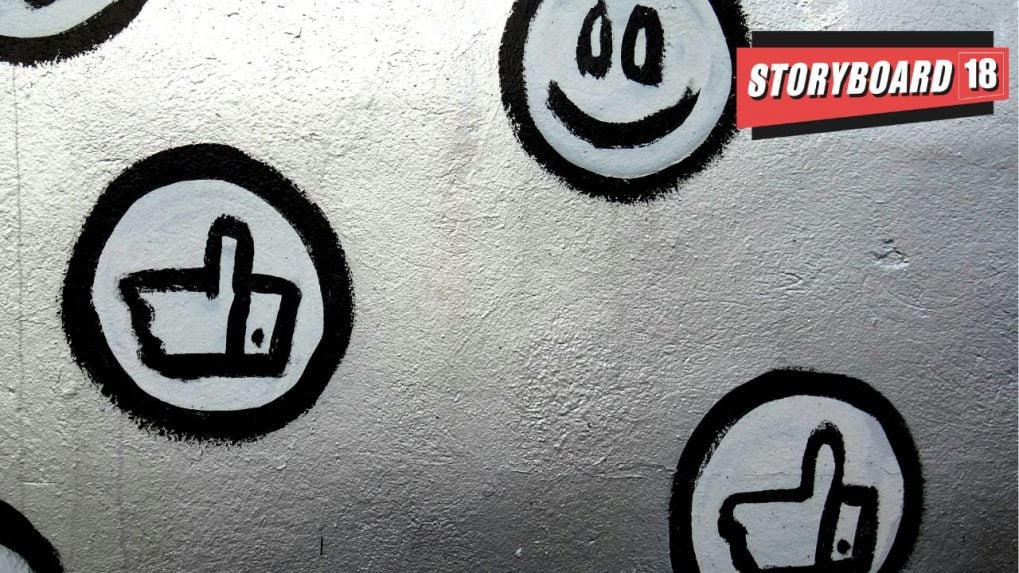53 percent consumers distrust influencer content: Survey
Despite the high level of distrust, the survey also reveals that a substantial portion of the audience still places varying degrees of trust in influencer content, suggesting opportunities for influencers and brands to rebuild and strengthen this trust through authenticity and transparency.
ADVERTISEMENT
A survey by iCubesWire uncovers a significant finding: 53 percent of consumers do not trust influencer content at all.
This revelation highlights the growing skepticism towards influencers and their recommendations. The survey, which involved 1,000 participants, provides key insights into how influencer content shapes consumer behaviour and perceptions.
Despite the high level of distrust, the survey also reveals that a substantial portion of the audience still places varying degrees of trust in influencer content, suggesting opportunities for influencers and brands to rebuild and strengthen this trust through authenticity and transparency.
“Despite the high level of distrust, the significant portion of consumers who still trust influencer content—47 percent—shows that there is an opportunity for influencers to strengthen their relationship with followers through genuine engagement and honest recommendations. By being transparent and prioritizing the interests of their audience, influencers can turn skeptics into believers,” stated Mr. Sahil Chopra, CEO and Founder of iCubesWire.
Survey Insights Summary:
Trust in Influencer Content: 53 percent of respondents do not trust influencer content at all, while 23 percent are moderately trusting, 11 percent quite a bit, and 13 percent completely trusting.
Perceived Genuineness of Influencer Recommendations: 37 percent of participants believe influencer recommendations are never genuine, 36 percent think they are sometimes genuine, 16 percent often genuine, and 11 percent always genuine.
Influence on Buying Decisions: Influencer content never affects the buying decisions of 36 percent of respondents, occasionally influences 30 percent, frequently influences 20 percent, and always influences 14 percent.
Preference for Local Language Influencers: 36 percent of participants disagree with the preference for local language-speaking influencers, 34 percent are neutral, and 30 percent agree.
Influence on Voting Decisions: Influencers have never influenced the voting decisions of 41 percent of respondents, occasionally influenced 25 percent, frequently influenced 16 percent, and always influenced 18 percent.
Comparison with Celebrities: 34 percent of respondents disagree that social media influencers are more impactful than celebrities, 34 percent are neutral, and 32 percent agree.
Sentiment Impact: 30 percent of participants have never felt hurt by influencer content, 32 percent have occasionally felt hurt, 20 percent frequently, and 18 percent always.
Detailed Survey Results:
Trust in Influencer Content:
Not at all: 53 percent
Moderately: 23 percent
Quite a bit: 11 percent
Completely: 13 percent
Perceived Genuineness of Influencer Recommendations:
Never: 37 percent
Sometimes: 36 percent
Often: 16 percent
Always: 11 percent
Influence on Buying Decisions:
Never: 36 percent
Occasionally: 30 percent
Frequently: 20 percent
Always: 14 percent
Preference for Local Language Influencers:
Disagree: 36 percent
Neutral: 34 percent
Agree: 30 percent
Influence on Voting Decisions:
Never: 41 percent
Occasionally: 25 percent
Frequently: 16 percent
Always: 18 percent
Impact Comparison with Celebrities:
Disagree: 34 percent
Neutral: 34 percent
Agree: 32 percent
Sentiment Impact by Influencers:
Never: 30 percent
Occasionally: 32 percent
Frequently: 20 percent
Always: 18 percent
“The survey results serve as a wake-up call for the influencer marketing industry. It’s essential for influencers and brands to understand the importance of authenticity in order to foster a loyal and trusting audience” added Chopra.

